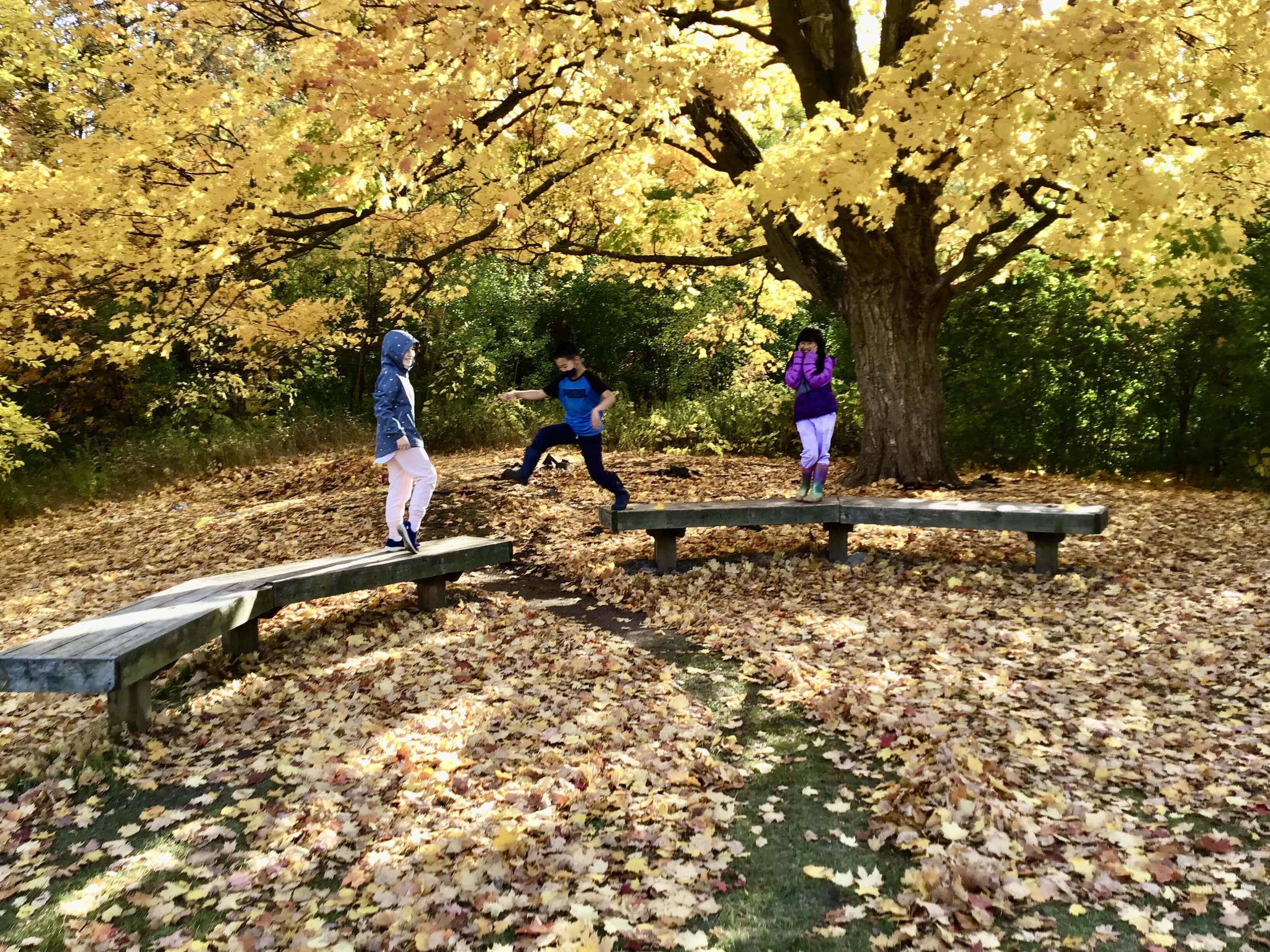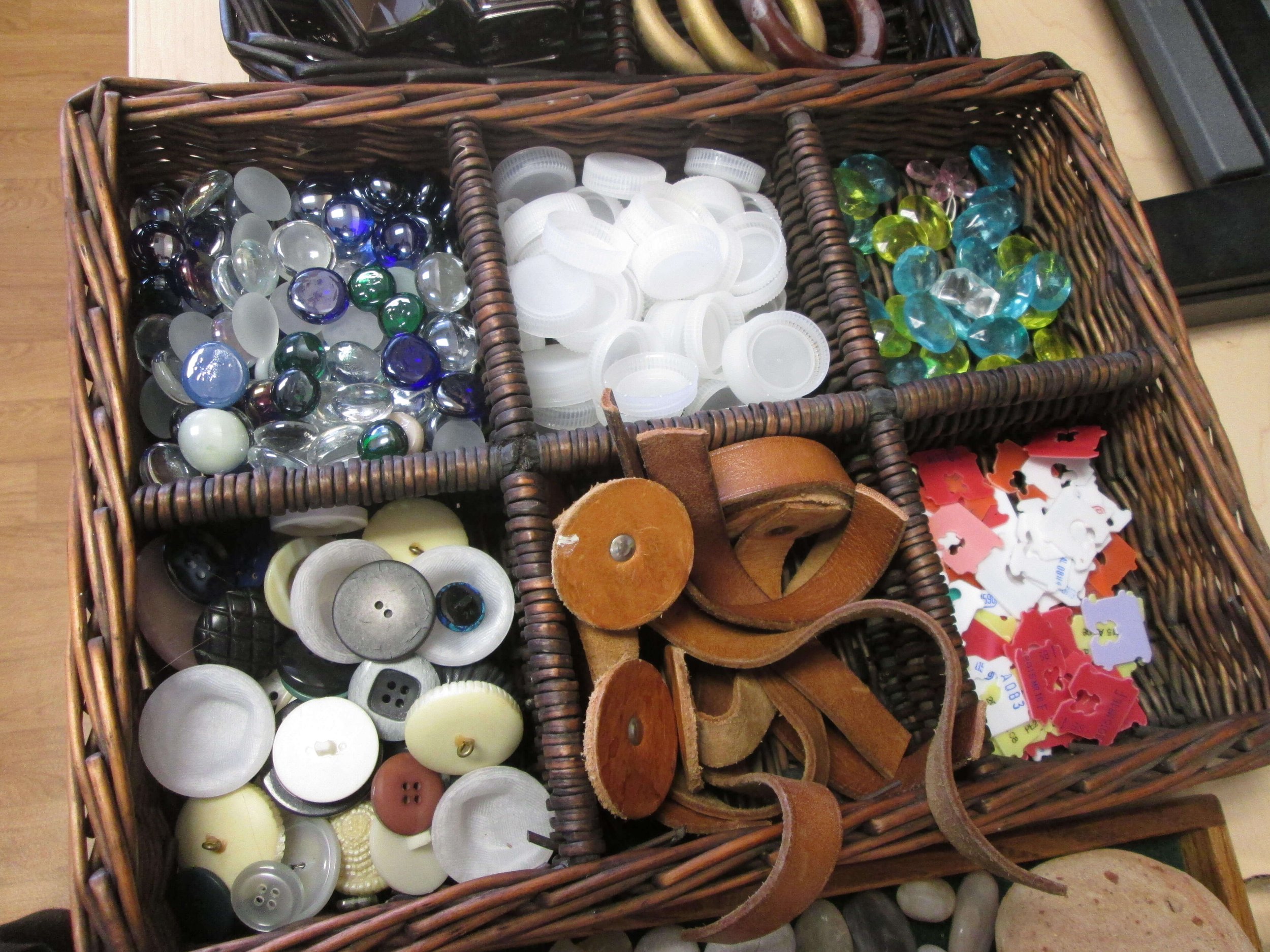Our Philosophy
The Reggio Emilia Approach
Our program reflects our philosophy that children best learn and grow by being actively involved in their environment. We recognize that high quality developmentally appropriate child care, specific to each child’s needs, is also inclusive care. We assist the child to develop to their fullest potential, in their own way.
We believe through our interpretation of the Reggio Emilia Approach to Early Childhood Education that intentional teaching practices will achieve our goal of encouraging children to become engaged in active learning. We use daily observations, provocations and pedagogical documentation to drive our curriculum.
JHCCC is committed to building strong, positive, and authentic relationships among educators, children and their families, and community partners based on mutual trust and respect. Our educators are dedicated, life-long learners. We are constantly assessing our programs and participating in initiatives to constantly improve our services.
Loose Parts
Loose parts are open-ended materials that encourage the children to use their imagination to manipulate materials in ways that you may never expect. Loose parts are often natural materials such as seashells, pinecones, pebbles and rocks but items such as golf tees, cd’s, spools, fabric, etc. can also be included.
They can be used for sorting and classifying, building, and substitute as play food, or become the landscape in a diorama. Beautiful pieces of ephemeral art can be constructed with loose parts.
Provocations
In all our programs we strive to use our daily observations and pedagogical documentation to guide our curriculum. We set up rich complex learning environments; observe the children closely to determine what invitations or provocations we can provide to help scaffold and build on the children’s thinking.
Provocations can be new materials in the environment, a challenge that is posed to the children or a well thought out question. This is challenging work that is exciting and full of surprises. We try to approach our work from a researcher’s stance. We develop our theories about what a child may be thinking and about what theories the child is working with.
The provocations we choose help us to dig deeper and gain better understandings about children and where to go next in our planning. They help us test our theories and in turn help the children to advance their theories.
How can we support and provoke that learning with authentic experiences?

“In the Reggio Emilia preschools each child is viewed as infinitely capable, creative and intelligent. The job of the teacher is to support these qualities and to challenge children in appropriate ways.”
– Louise Boyd Cadwell


